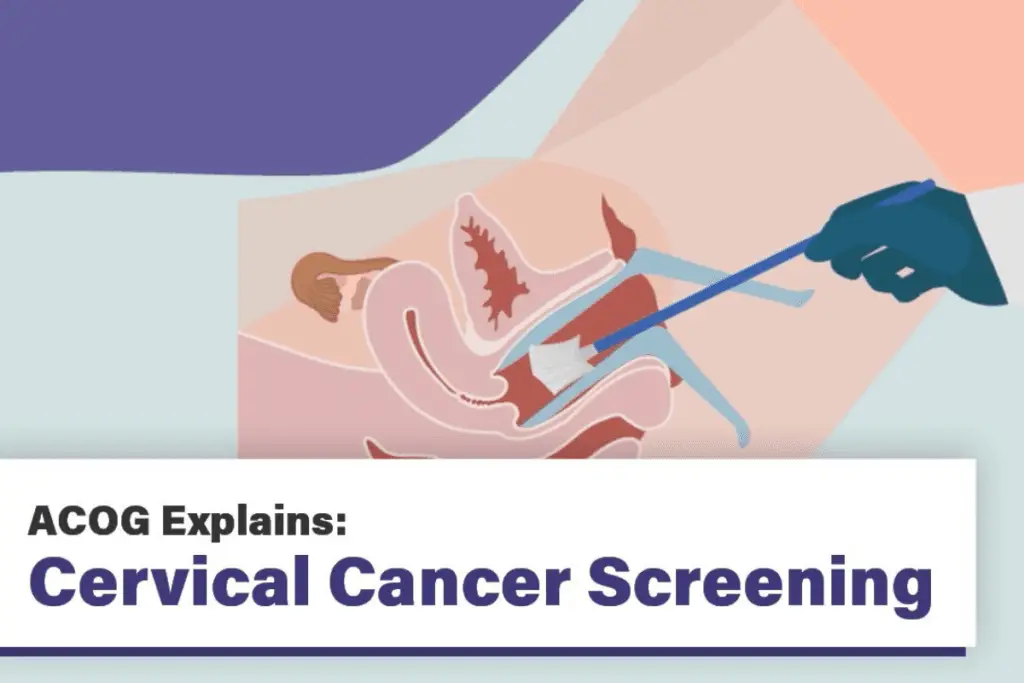
Cervix screening

Cervical Cancer Screening: Key Information for Patients
- Importance of Cervical Cancer Screening
- Regular cervical cancer screening is vital for detecting the disease early, which greatly improves the chances of successful treatment. Early detection is crucial for effective intervention.
- Staying Aware of Your Health
- In addition to regular screenings, being aware of your body is important. Notice any unusual changes such as irregular bleeding or abnormal discharge, and promptly report these to your doctor.
- Annual Well-Woman Checkups
- Even if you don’t require a screening exam, it’s important to have a well-woman checkup every year. If you’ve received the HPV vaccine, you still need to continue with recommended screenings.
- Screening Recommendations for Average-Risk Women
- Ages 21 to 29: Get a Pap test every three years or an HPV test every five years starting at age 25.
- Ages 30 to 64: Opt for an HPV test every five years (preferred) or a Pap test every three years.
- Ages 65 and Older: You might not need further screening if you’ve had no abnormal Pap or HPV results in the past decade. Consult your doctor for personalized advice.
- Screening After a Hysterectomy
- Hysterectomy with Cervix Removal: If your hysterectomy included removal of the cervix and you haven’t had cervical cancer or severe dysplasia, discuss with your doctor whether you need ongoing screening.
- Hysterectomy without Cervix Removal: If the cervix was not removed, continue to have Pap and HPV tests every five years.
- Screening for Women at Increased Risk
- Certain factors increase the risk of cervical cancer. If you belong to any of the following groups, you may need to start screening earlier, undergo additional tests, or be screened more frequently:
- History of severe cervical dysplasia (pre-cancerous condition)
- Persistent HPV infection after age 30
- Weakened immune system (e.g., organ transplant recipients or those on immunosuppressive medications)
- HIV-positive status
- Exposure to Diethylstilbestrol (DES) before birth
- If you think you’re at increased risk, consult with your doctor and consider using a cervical cancer screening chart for guidance.
- Follow-Up for Women Who Have Had Cervical Cancer
- If you have a history of cervical cancer, a different follow-up plan is required to monitor for recurrence. Use a survivorship chart to work with your doctor on a tailored surveillance plan.
- Screening for Women with Health Conditions
- The screening guidelines are generally meant for women expected to live at least 10 more years. Women with health conditions that complicate diagnosis or treatment may need a modified approach.
Cervical Cancer Statistics in India:
- Cervical cancer is a significant health concern in India, being one of the most common cancers among women. It accounts for approximately 22% of all cancer cases in Indian women. Screening and early detection are critical to improving survival rates and reducing the impact of this disease.
Trustindex verifies that the original source of the review is Google. Dr. Ruchir bhandari is best radiation oncologist & incredibly knowledgeable.Highly recommend! Thank you so much for your Providing knowledgeable care and taking out time to address all your questions when ever asked. With your best of knowledge got the best treatment and the result is today I am free from Cancer diseases. You continues efforts, guidance and timely treatment made this happen. You patience listening to the patient boost the will power and morale of the patient and that has helped me to recover fast in my endeavour to get back to my normal life. Long live doctor. Thank you so much,God bless you.Posted onTrustindex verifies that the original source of the review is Google. Best cancer specialist in jaipur. With most advanced technology ( cyber knife)Posted onTrustindex verifies that the original source of the review is Google. Very good doctor, with great knowledge, mere known ka cyber knife se treatment krvaya or ab vo bilkul theek h, thank you Dr ruchir Bhandari sir and thank you Dr pankaj sharma ji for support nd conclingPosted onTrustindex verifies that the original source of the review is Google. Dr. Ruchir bhandari is best radiation oncologist & incredibly knowledgeable and took the time to answer all my questions. Highly recommend! Thank you so much for your kind words! Providing knowledgeable care and taking the time to address all your questions are integral parts of our commitment to patient satisfaction.Posted onTrustindex verifies that the original source of the review is Google. Rajasthan 1st cyber knife . Best radiotherapy treatment SRT , SBRT , SRS , FSRSPosted onTrustindex verifies that the original source of the review is Google. डॉ. रुचिर भंडारी और उनकी टीम को अविश्वसनीय रूप से जानकारी हैं। उनकी विशेषज्ञता और असाधारण देखभाल ने मेरी बहन सीमा माली के ब्रेन ट्यूमर के इलाज में सचमुच बहुत बड़ा बदलाव लाया है। और वे लक्षणों को ध्यान से सुनते हैं और फिर सही इलाज शुरू करते हैं। भगवान आप और आपकी टीम को दीर्घायु एवं अच्छा स्वास्थ्य प्रदान करे।Posted onTrustindex verifies that the original source of the review is Google. Best Radiation oncologist in Jaipur. I like his approach, expertise on cyberknife, his follow up and concern for patient health. Thanks to Dr. Ruchir and his complete team.Posted onTrustindex verifies that the original source of the review is Google. I take treatment on cyberknife for my relative at mhatama gandhi hospital. I thanks to Dr ruchir bhandari and team cyberknife for best treatment. I suggest that this advance machine is best for radio robotic surgery
Related Post
Click below to book a clinic appointment
Ask More Questions Send Query On Email



